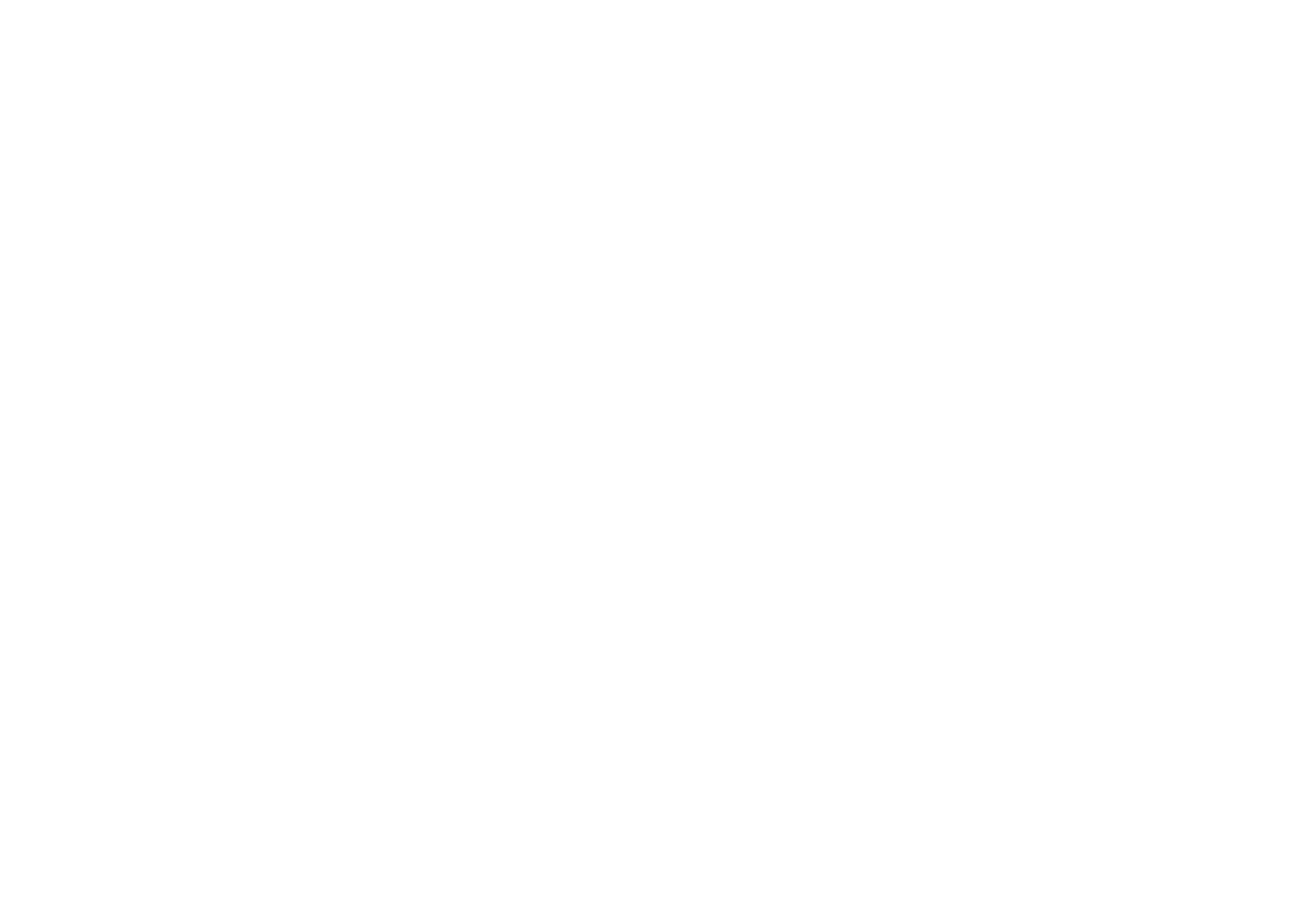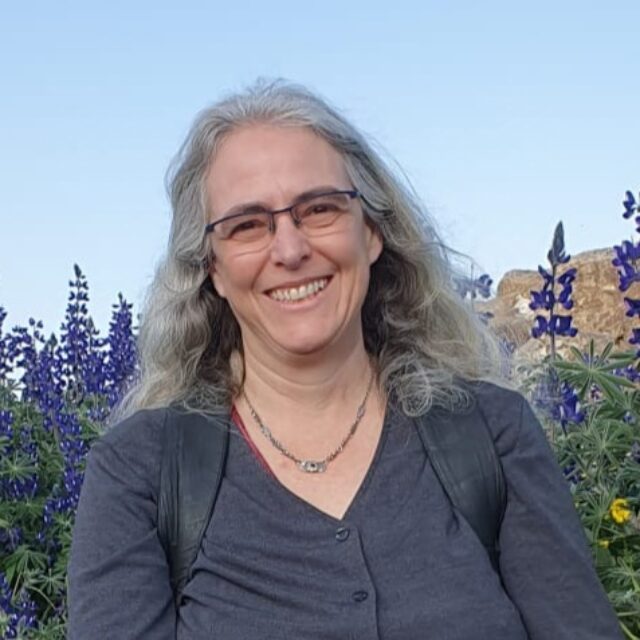The Four Species Midrash
by Yael Schweid, 2024 Golden Hanasi Fellow
October 2024
This teaching was written by Yael Schweid, a fourth year rabbinic student at Hebrew Union College in Jerusalem. Yael is a Golden Hanassi Fellow who is spending this week with us at Shaaray Tefila learning about American Reform Judaism. She will be back in February 2025.
Moadim L’Simcha!
Some of you may know the Midrash about the four species in the lulav, which represent different groups within the people of Israel, where taste symbolizes Torah and scent symbolizes good deeds. The etrog (citron) represents those who have both, the lulav (palm) represents those who know the Torah but lack in good deeds, the hadas (myrtle) symbolizes those who perform good deeds but lack Torah knowledge, and the arava (willow) represents those who, unfortunately, lack both. There will always be people of all kinds, and we must learn to unite and be a community where everyone is responsible for one another. In fact, all those with knowledge and kindness compensate and atone for those who lack them.
This morning, I looked at my willow branches, which on the fifth day of the holiday already look quite wilted, having lost most of their leaves—and a different parable and Midrash were born in me:
I thought of taste and scent as symbols for two components of resilience—economic and social. Taste is the education/skill/profession or just the luck that allows a person to earn a living, enjoy security and stability, and often also the social status that money and possessions provide. Scent represents what we call support systems—a network of family, friends, and community who love, support, and encourage during both routine and difficult times.
The etrog symbolizes the fortunate ones who have both.
The lulav represents those who are financially secure but lonely or not well-adapted and lacking a supportive circle.
The hadas symbolizes those surrounded by family and good friends but lacking a solid economic foundation.
The arava represents those who truly struggle because they lack both.
As a society, we have a responsibility to create mutual support, first by seeing and identifying those in need, and then by providing them with assistance and support.
Somehow, it’s often the etrogim who receive preferential treatment—not for nothing did the verb “to etrog” emerge in Hebrew. Just as the etrog is cushioned and kept in a protective box, so too are successful people often treated. There’s something paradoxical and infuriating about this phenomenon, but it’s also understandable. They look so beautiful; they are objects of admiration and aspiration. We want to preserve them as they are. It’s also undoubtedly beneficial to please them—it pays off. Meanwhile, the less attractive aravot are often overlooked or even despised.
How important it is to remember that we are all part of a single human fabric and that we depend on one another.
It is also crucial to discern who needs what: my lulav and hadasim survived well this week despite being put in and taken out of the plastic sleeve every morning, while the arava was severely damaged by the same treatment. In difficult times, the gaps may widen: “Who will be impoverished and who will be enriched, who will be humbled and who will be exalted?,” as we recited in U’Netane Tokef on Yom Kippur. The rich and strong grow wealthier and stronger, while the poor and weak are crushed even more.
Even when it’s hard or when we want to celebrate and rejoice, it is not wise to simply bind and shake everyone together without thinking. We must see who needs gentleness, a kind word, or practical help with daily tasks, who needs material support, and who needs assistance in all areas.
And there will always be those in need, “for the poor will never cease from the land; therefore I command you, saying, ‘You shall open your hand wide to your brother, to your poor and your needy in your land'” (Deuteronomy 15).
And on a personal note, I would like to express my deep gratitude to you all – staff, board members and congregants, for being my best Sukkah – a warm temporary home away from my permanent home is Israel this Sukkot. I’ll see you again in February!
If you would like to get in touch with Yael, please email her at schweid.yael@gmail.com.

